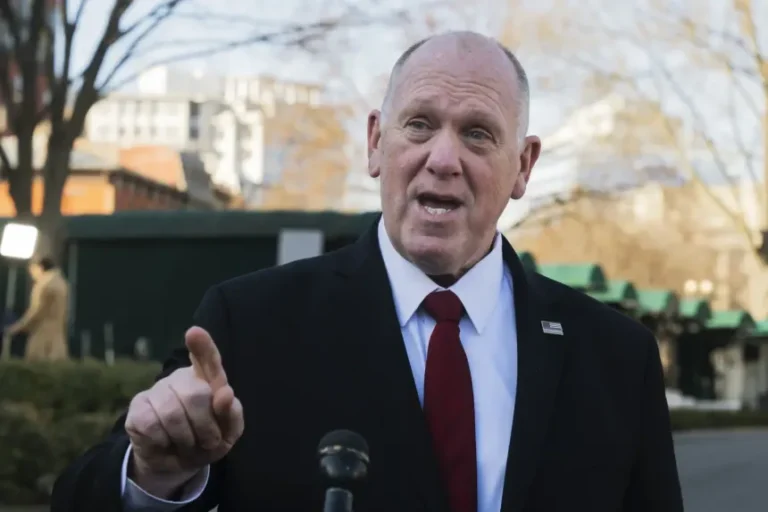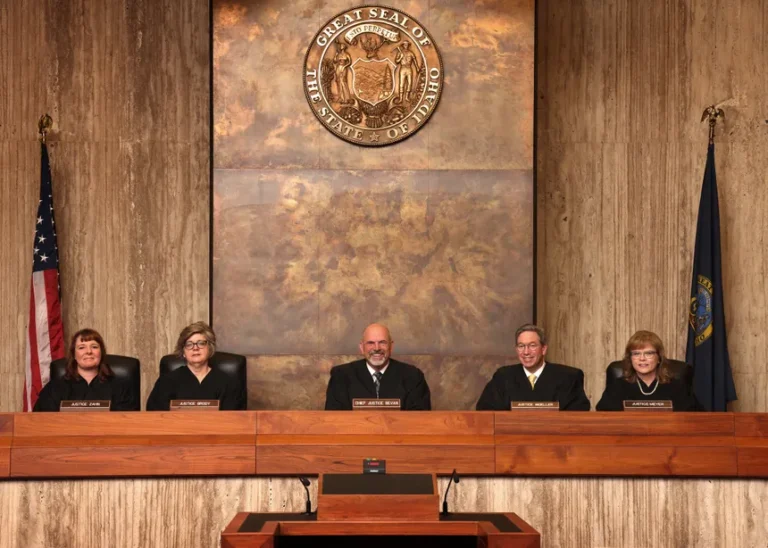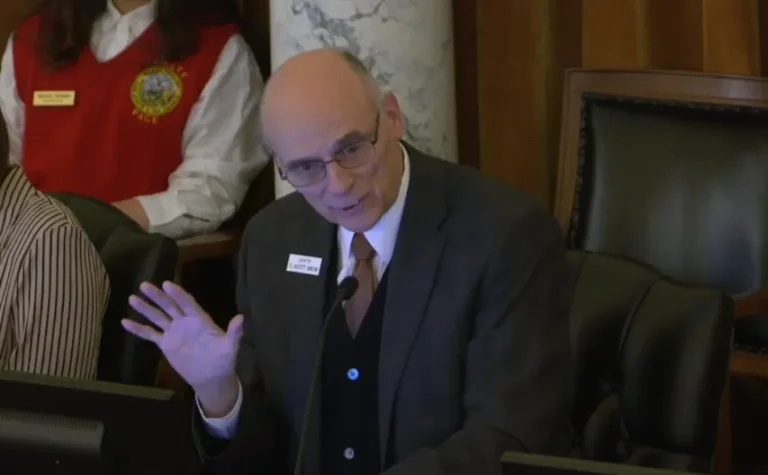
WASHINGTON – Health and Human Services Secretary Robert F. Kennedy Jr. on Wednesday defended strategic restructuring efforts at HHS during testimony before the House Appropriations Committee, highlighting his commitment to restoring accountability, eliminating bureaucratic waste, and reprioritizing American health.
In his first congressional appearance since confirmation, Kennedy emphasized a renewed mission at HHS: “We intend to do more—a lot more—with less,” he said. “The budget reflects two enduring American values: compassion and responsibility.”
Focus on Chronic Disease, Mental Health, and Cost Reform
Kennedy outlined key priorities in the new budget, including:
- Tackling the chronic disease epidemic
- Improving mental health and addiction services
- Promoting healthier lifestyles and nutrition
- Modernizing the FDA’s food safety systems
- Strengthening cybersecurity across HHS
- Phasing out politically driven DEI funding
He emphasized a return to evidence-based, outcome-driven health services that directly impact Americans, especially those relying on Medicare and Medicaid.
Workforce Realignment to Restore Mission Clarity
In April, HHS began consolidating agencies and reducing its size by approximately 25%. The restructuring, Kennedy said, was aimed at removing overlapping roles and redirecting resources to frontline care and critical research.
“These actions are about aligning our workforce with the real needs of the American people—not expanding bureaucracy,” Kennedy said. He reaffirmed his goal to boost agency morale and restore public trust in government health services.
Vaccine Policy: Science-First, No Mandates
Addressing criticism of his past vaccine commentary, Kennedy firmly stated: “I support the measles vaccine. I support the polio vaccine. I will not discourage their use in any way.” He underscored that vaccine policy will not be altered without ironclad scientific evidence.
He reiterated that his personal views are irrelevant to his duties and committed to transparency and public safety, noting the CDC’s planned study into vaccine-autism links—a study demanded by many concerned parents for years.
On Fluoride and Public Input
Kennedy’s proposal to reexamine the CDC’s fluoride guidelines also drew attention. He pledged a task force and transparent review, citing credible concerns about neurodevelopmental risks. “We will look at the science, not ideology,” he told lawmakers.
Conclusion
Despite partisan pushback, Kennedy remains focused on restoring public health trust, cutting waste, and improving outcomes. As he told Congress, “I was not appointed to protect systems that have failed millions—I was appointed to fix them.”
4o





